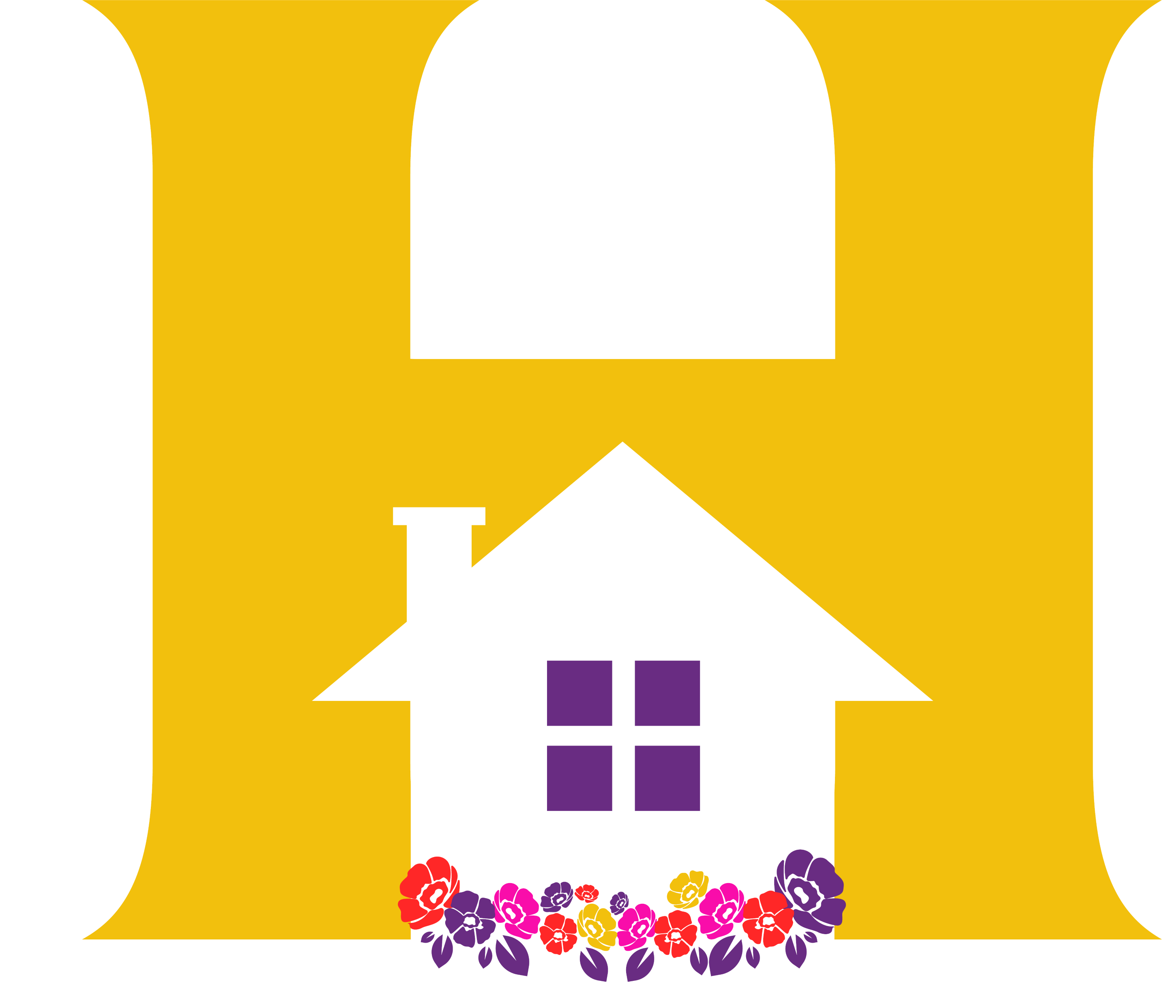Domestic abuse affects women, children, and men. Abuse takes many forms, including emotional/psychological, physical, sexual, economic, and stalking/harassment. Victims who are going through abuse try to hide it because they don’t want people to know what is happening.
Domestic violence and abuse are used for one purpose and one purpose only: to gain and maintain total control over you.  October is Domestic Violence Awareness Month. Safe Harbor is sharing experiences from experienced abuse counselors to help spread awareness and share their experience when working with women, children, and families.
October is Domestic Violence Awareness Month. Safe Harbor is sharing experiences from experienced abuse counselors to help spread awareness and share their experience when working with women, children, and families.
Jennifer Samulski is a counselor who has worked in many different settings in her 23-year long career. Her primary focus has been on working with kids and their families. She is sharing some of her experiences dealing with domestic abuse victims. Here are a few questions we asked Jennifer:
How are children affected by abuse?
Children have diverse reactions to abuse. Children may become more introverted, quiet, and shut down. They may become more aggressive, angry, and act out more. Children who have been exposed to abuse show increases in anxiety and depression. They may turn to aggressive behavior towards others or themselves to make sense of the abuse they are witnessing.
What are some of the signs that kids are being abused?
Signs of abuse include physical marks that are either hidden or are over-explained with detailed stories. Sudden changes in personality and mood or behavior can also signal that a child is being abused. The most important thing you can do for a child that is showing signs of being abused is to listen to them and believe them. 
How many of the victims were men?
I have worked with multiple boys who feel responsible for the helplessness brought on by violence against their mothers.
Did the victims leave their abusers?
Some victims leave and then return. Some perpetrators are excellent at invoking guilt in their victims, and this pulls them back time and again. The victims commonly look for ways that they somehow deserved the abuse or failed to handle a situation properly. Some victims leave and then repeat the cycle with a new partner. They do this unconsciously because they are repeating patterns of behavior that they have not addressed. Some victims never leave or die in these complex situations.
What advice would you give abuse victims?
People who have been victims of abuse need to develop a support system. That support system includes having family and friends whom they can count on and turn to in difficult times. Many abusers attempt to control their victims through controlling whom they talk to and where their money goes and when they have access to technology. Victims can begin to build those systems through people they know or reaching out anonymously to crisis hotlines or websites. There are agencies and support groups, as well as faith-based institutions in almost any community that are ready and willing to help: Google family crisis services or domestic abuse services near me. 
Can you describe the strength of an abuse survivor?
Abuse survivors are strong because in the face of overwhelming obstacles, they chose to hope. They hope that things can improve for themselves and their children. Frequently, abuse survivors face not only the situation they are in but the judgment of others who blame them for that very situation.
What can abuse survivors teach us?
Abuse survivors teach us resilience. We all face challenges, and by overcoming them, we build our capacity to handle tough situations with hope and grace.
What do you want people to know about abuse survivors?
Your friend or relative could be in this type of relationship. Do not assume that only a specific kind of person becomes a victim of abuse.
Thank you, Jennifer, for sharing your experience.
The National Domestic Violence Hotline is a 24-hour confidential service for survivors and victims. If you need help or know someone that is being abused, please call. 1−800−799−SAFE(7233).
Written by Jessica Christian, a blogger at Safe Harbor International Ministries.
Safe Harbor Blog Posts Mentioned:


0 Comments